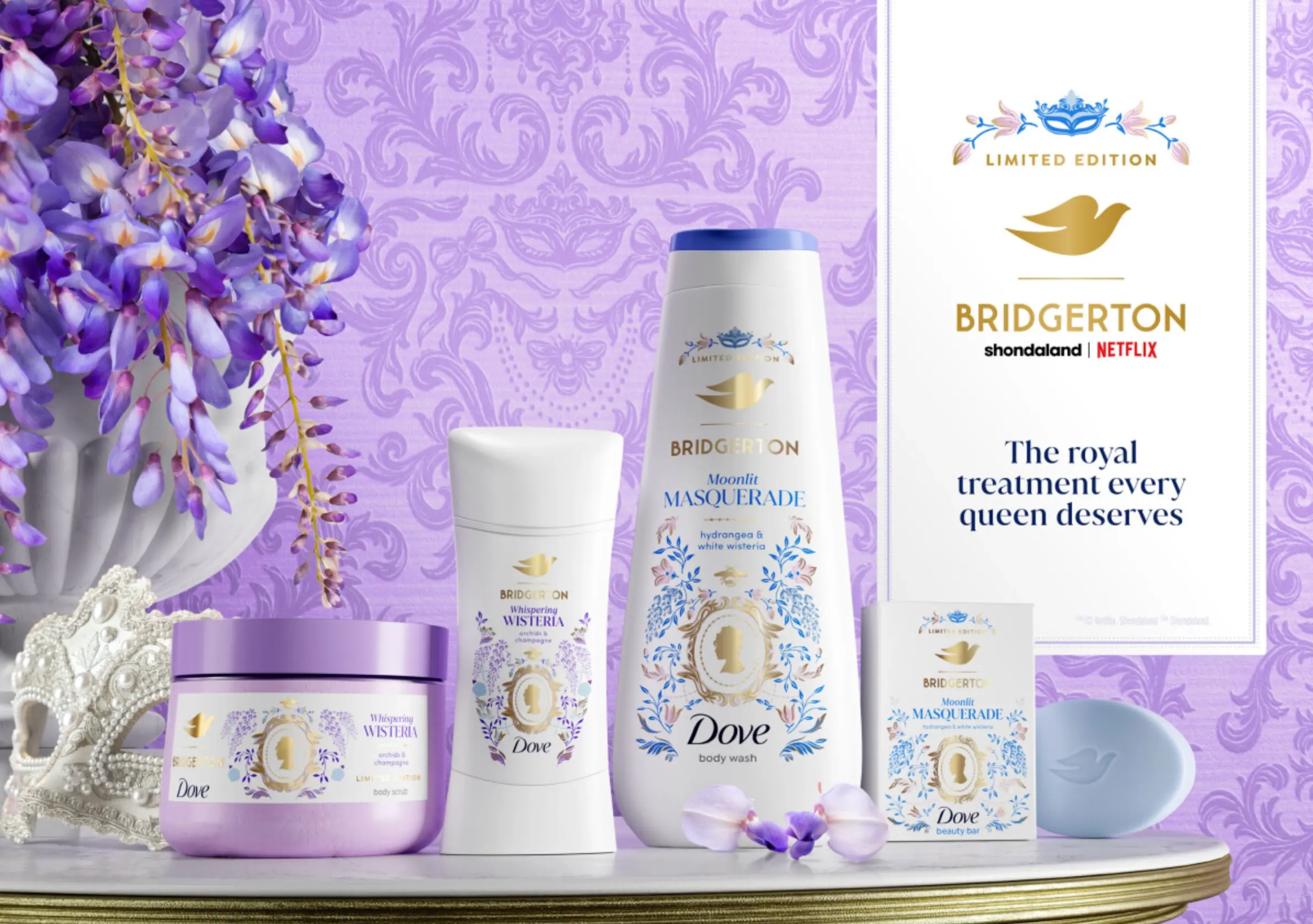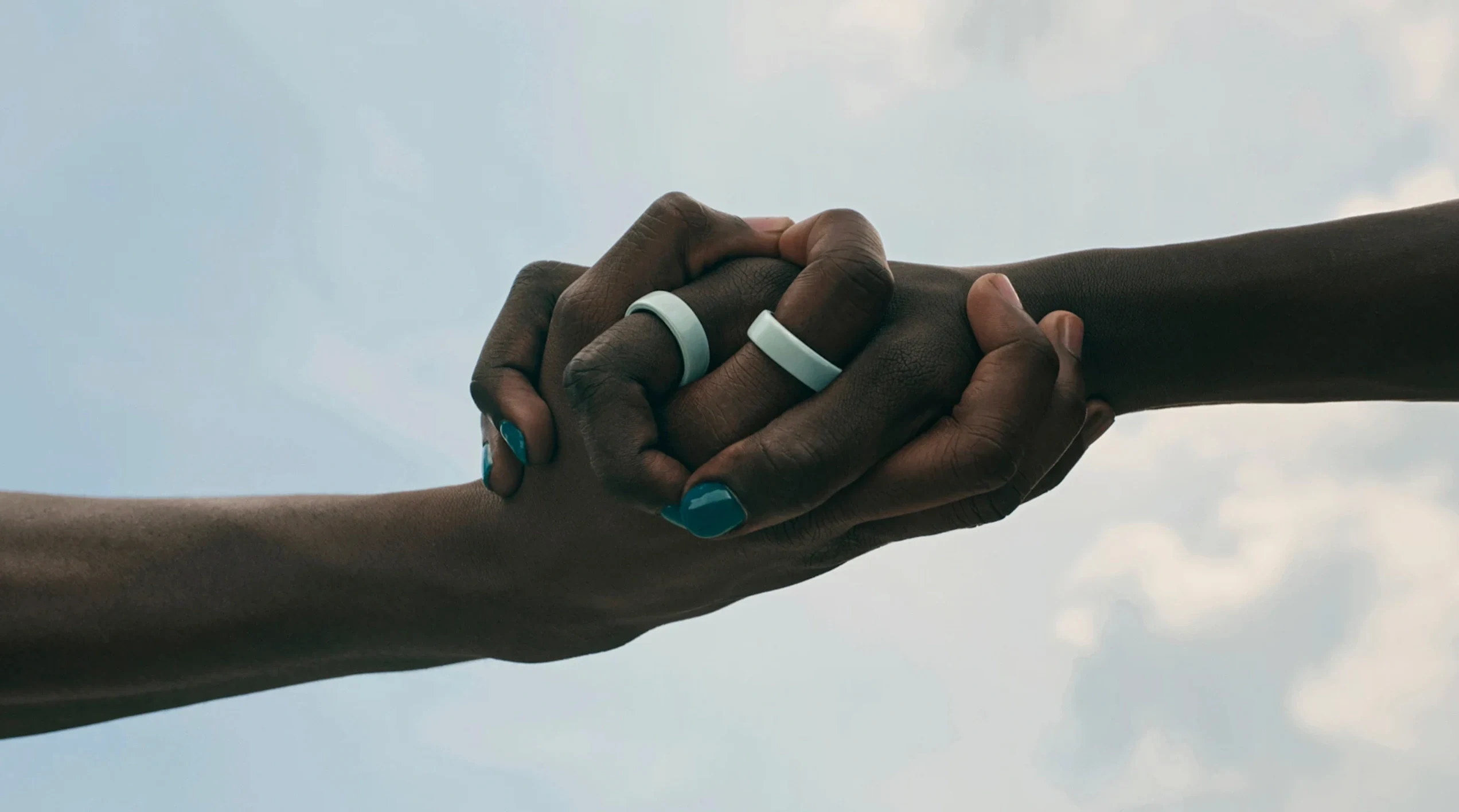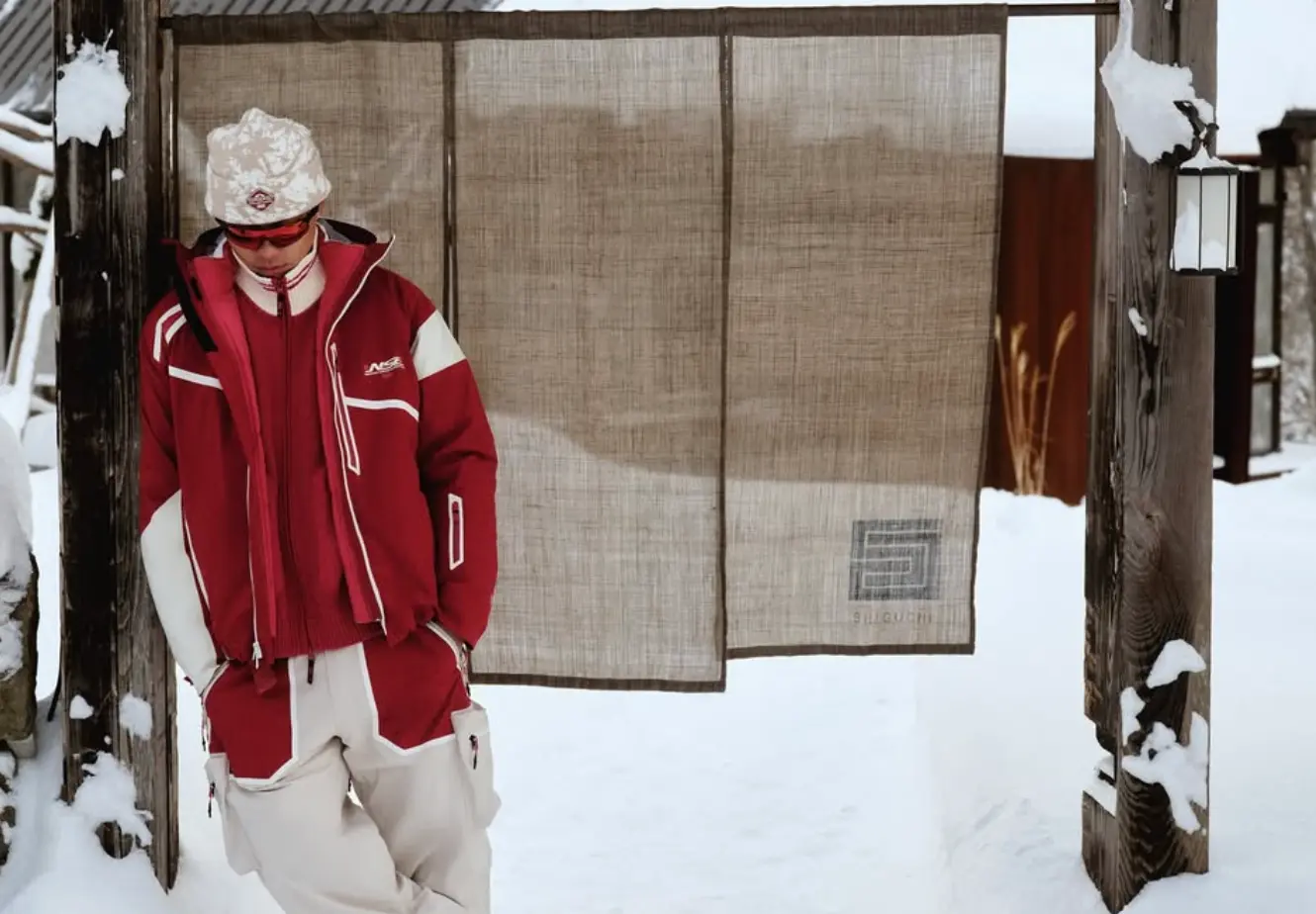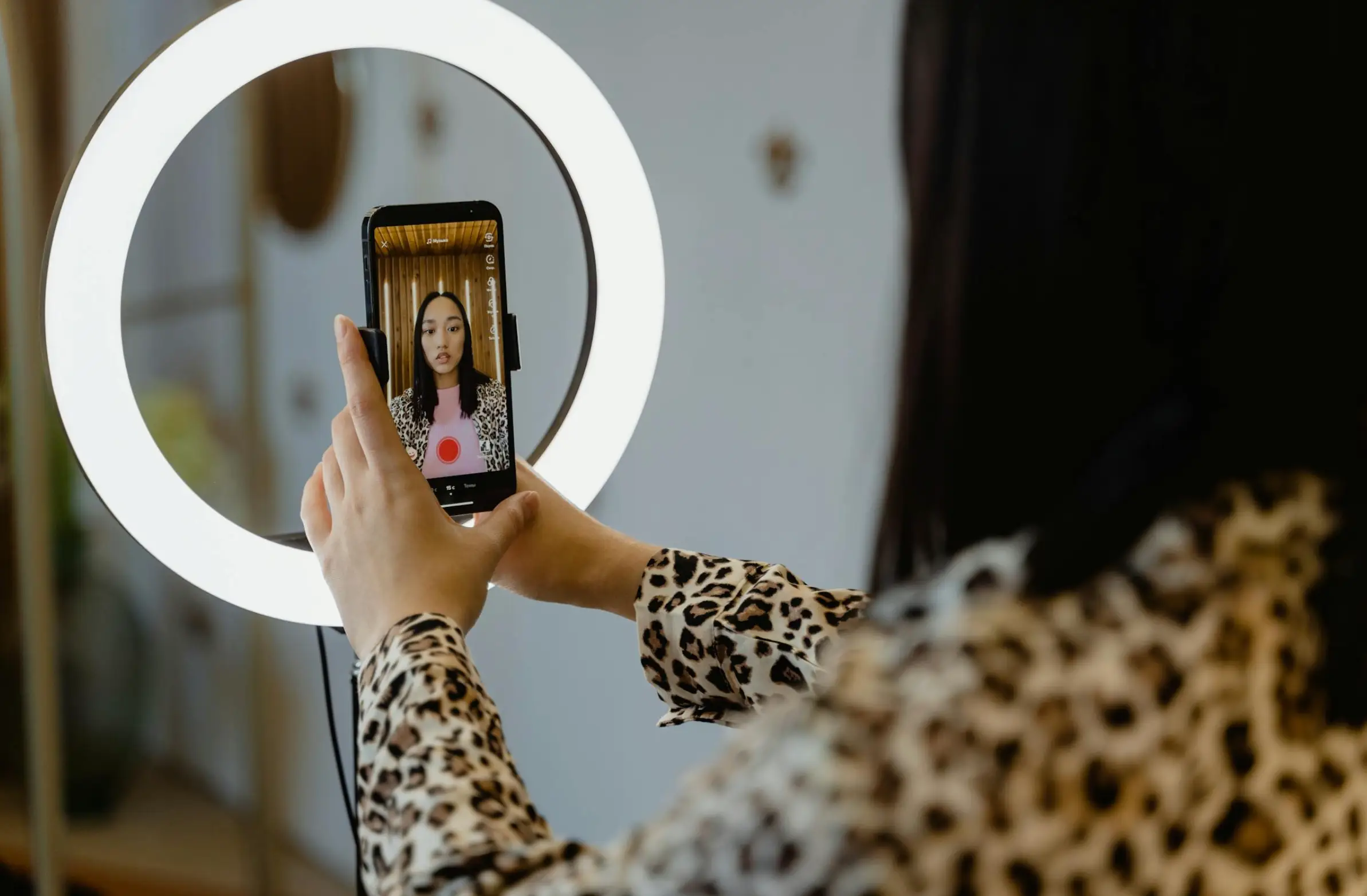Dripify: Exclusive Power Of Drop Culture In Fashion Marketing
Updated on
Published on

In the fast-paced world of fashion marketing, staying ahead of the curve is crucial for brand success. One of the most impactful strategies making waves in the industry is the concept of limited product drops, or drip marketing. This method is not just about releasing exclusive items; it's about crafting an experience that resonates deeply with consumers. By offering limited quantities, brands create a buzz and a sense of urgency that transforms ordinary product launches into highly anticipated events. Let's delve into the allure of this strategy, highlight some iconic examples, and explore its broader impact on the industry.

The Allure of Limited Drops
1. Scarcity and Exclusivity: The core appeal of limited drops lies in the principle of scarcity. When products are released in small quantities, their desirability skyrockets. Brands like Supreme and Off-White have mastered this tactic, releasing items with minimal prior notice, which fuels consumer excitement and elevates the perceived value of the products. This scarcity not only makes the items highly sought-after but also transforms them into cultural artifacts within fashion communities.The exclusivity factor plays a crucial role in making these items status symbols, often leading to high resale values.
2. The Power of FOMO (Fear of Missing Out): The digital age has amplified FOMO, especially in fashion. The fear of missing out on exclusive products compels consumers to act swiftly. This urgency is often heightened by the strategic use of social media, where influencers and celebrities showcase these limited items, adding an aspirational layer. This blend of heightened anticipation and exclusive appeal ensures that each product drop becomes a highly anticipated event.
3. Building Brand Loyalty and Community: Beyond mere sales, limited drops foster a strong sense of community among consumers. Brands like Yeezy and Balenciaga have cultivated dedicated followings by offering unique, limited-edition items. This strategy not only drives immediate sales but also builds long-term brand loyalty, as customers feel part of an exclusive club. The emotional connection created by these releases is a powerful tool in building a loyal customer base.
4. Organic Marketing and Hype: The excitement surrounding limited drops often surpasses traditional advertising efforts. The buzz generated by these releases spreads quickly across social media platforms, creating invaluable organic marketing. This word-of-mouth effect is critical as it extends the brand's reach far beyond its usual audience, solidifying its reputation as a trendsetter.
Iconic Examples of Limited Drop Success
Supreme: Supreme's limited drops have become legendary, often involving high-profile collaborations with brands like Louis Vuitton and Nike. These items not only sell out instantly but also become collector's items, with resale prices skyrocketing. For instance, the Supreme x Louis Vuitton collaboration reportedly generated over $1 billion in revenue, highlighting the immense power and profitability of limited drops. Supreme's ability to create scarcity and maintain exclusivity has solidified its status in streetwear culture. Their approach includes a meticulous process of ensuring that each release is accompanied by a strategic marketing campaign, often utilizing influencers and strategic partnerships to amplify the hype. This not only creates a direct sales boom but also bolsters the brand's overall market value and cultural capital.

Yeezy by Kanye West: Kanye West's Yeezy brand, in partnership with Adidas, has revolutionized the sneaker market with its limited drops. Each release is a spectacle, with products selling out in minutes and reselling for significantly higher prices. The Yeezy Boost 350 "Zebra," for example, sold out in under a minute and later resold for over four times its retail price. Kanye's star power, coupled with innovative design, has made Yeezy a dominant force in fashion and sneaker culture. The brand's success is also attributed to its savvy use of scarcity marketing, where limited availability creates an aura of exclusivity. Furthermore, the Yeezy brand's unique design philosophy and Kanye West's personal influence have attracted a diverse customer base, including celebrities and fashion influencers, which has significantly enhanced its market position.

Kylie Cosmetics: Kylie Jenner's beauty brand exemplifies the power of social media-driven limited drops. By teasing new products to her vast online following, Kylie Cosmetics creates massive anticipation. The limited availability ensures quick sell-outs, maintaining the brand's exclusivity. The "Kylie Lip Kit" launch, for instance, sold out in under a minute and generated over $420 million in sales within the first 18 months. Kylie Cosmetics has leveraged Kylie Jenner's personal brand and massive social media following to generate unprecedented levels of engagement and sales. This strategy has not only driven direct revenue but also established the brand as a leading player in the highly competitive beauty industry. The company's ability to consistently deliver high-demand products has been a key factor in its sustained success.

Travis Scott and McDonald's: This collaboration exemplified how limited drops can transcend traditional fashion. The Travis Scott Meal, alongside exclusive merchandise, sold out rapidly, causing a surge in demand that led McDonald's to experience shortages of key ingredients. This partnership not only generated a 4.6% sales increase for McDonald's but also highlighted the cross-industry appeal of limited drops, leveraging celebrity influence to create a cultural moment. The campaign's success can also be attributed to its strategic use of social media and Travis Scott's fanbase, which mobilized to create significant buzz around the collaboration. This not only boosted immediate sales but also reinforced McDonald's brand relevance in pop culture, showcasing the potential of limited drops in driving both short-term and long-term brand benefits.

Beyoncé's Ivy Park x Adidas: Beyoncé's Ivy Park collaboration with Adidas is another standout example. The limited-edition collections have been met with overwhelming demand, selling out almost immediately. Beyoncé's influence, combined with strategic social media campaigns, has made these drops highly anticipated. The exclusivity and distinctive design elements of Ivy Park pieces have made them highly sought after, contributing to a reported 20% increase in Adidas's online sales during these launches. The success of Ivy Park also lies in its strategic marketing approach, which includes leveraging Beyoncé's personal brand and cultural influence. The brand's commitment to inclusive sizing and innovative designs has also broadened its appeal, attracting a diverse range of customers. This multifaceted approach has helped Ivy Park establish itself as a significant player in the athleisure market.

Nike's Dunk Releases: Nike has leveraged limited drops to revive interest in classic sneaker models like the Dunk. By releasing limited colorways and collaborating with artists like Virgil Abloh and brands like Cactus Plant Flea Market, Nike has managed to rejuvenate its brand while maintaining a sense of nostalgia. These drops have seen overwhelming success, with sneakers often reselling at several times their retail value, underscoring the timeless appeal of Nike's strategy. The brand's ability to blend heritage with contemporary design elements has resonated with both longtime fans and new customers, reinforcing its market leadership. Additionally, Nike's strategic partnerships and collaborations have expanded its reach and appeal, making each drop an event that resonates across diverse consumer segments.

Strategic Benefits and Future Trends
1. Market Testing and Trend Identification: Limited drops allow brands to experiment with new products and gauge consumer interest without committing to large-scale production. This agility is invaluable in fast-paced markets, enabling brands to stay ahead of trends and rapidly adapt to changing consumer preferences.
2. Enhanced Product Value: The exclusivity and scarcity inherent in limited drops often lead to a significant increase in the perceived value of the products. Consumers are not just buying a product; they're buying a piece of an exclusive experience. This willingness to pay premium prices not only boosts profit margins but also elevates the brand's overall prestige.
3. Leveraging Social Media and Influencers: Social media is a critical tool in promoting limited drops. Influencers play a pivotal role in generating buzz, showcasing the exclusivity and desirability of the products. This form of digital word-of-mouth marketing is both cost-effective and highly impactful, reaching a broad audience and creating a groundswell of anticipation.
4. Sustainability and Ethical Considerations: As consumers become more eco-conscious, there is increasing scrutiny on the environmental impact of fashion. Brands are responding by integrating sustainable practices into their limited drops, using eco-friendly materials and ethical production methods. This not only appeals to environmentally conscious consumers but also enhances the brand's image as a responsible and forward-thinking entity.
Key Elements of Successful Limited Drops
1. Exclusivity and Scarcity: Ensuring that products are genuinely exclusive and scarce is crucial for maintaining high demand and perceived value.
2. Strategic Timing and Teasing: Building anticipation through well-timed teasers and strategic releases engages consumers and creates a buzz around the products.
3. Engagement and Interaction: Utilizing augmented reality (AR) and virtual reality (VR) can enhance the shopping experience, making it more immersive and exciting.
4. Cross-Channel Promotion: A coordinated strategy across social media, email marketing, and in-store promotions ensures a wide reach and maximizes consumer engagement.
5. Feedback and Adaptation: Listening to consumer feedback and adjusting future drops is essential for sustained success.
In conclusion, limited drops are not just a sales tactic; they are a powerful tool for creating buzz, building community, and elevating a brand's status. By mastering the art of scarcity, exclusivity, and social media buzz, fashion brands can turn every product release into a major event. As this strategy continues to evolve, the desire to own rare, limited-edition items will remain a significant driver of consumer behavior, making it an indispensable component of modern fashion marketing.







